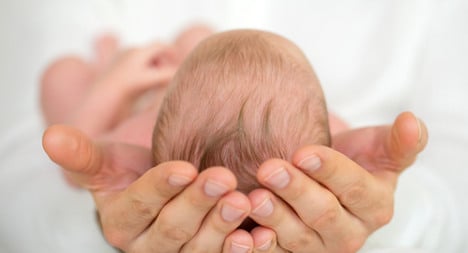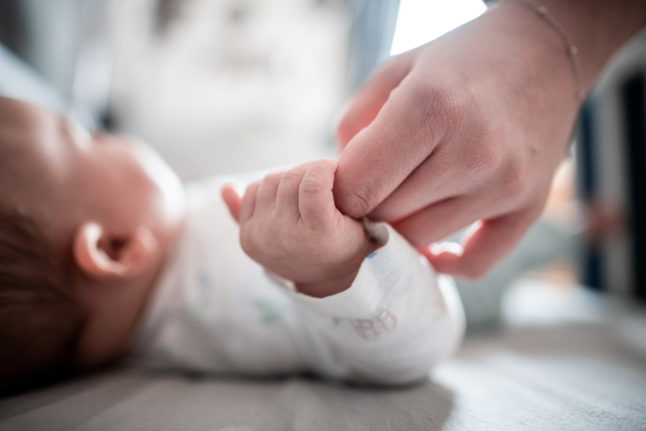The extremely rare set of quadruplets – two boys and two girls – were born at Gaslini children’s hospital in Genoa on December 4th, Corriere reported.
“For the first time in Italy, and Europe, as far as we know, two pairs of identical twins were born in a single birth,” Dario Paladini, the hospital’s director of fetal medicine and surgery, said.
“There have been other cases, but in America. It is very rare.”
Marie Antonietta and her husband Andrea, from Sicily, conceived the twins through in-vitro fertilization at a clinic in Catania.
Despite being made aware of the risks of the pregnancy, and advised to abort one of the sets of twins, the couple decided to go ahead with what they described as an “adventure”, and sought assistance at the respected Gaslini hospital.
The babies, called Vittoria, Costanza, Geremia and Marcantonio, arrived by caesarean section at the 31st week of pregnancy, six weeks ahead of the full pregnancy term.
Although their birth weight was low, all four siblings are said to be in good health.
Complications in multi-birth pregnancies are common and can lead to premature delivery.
Their arrival comes almost a year after a woman from Utah in America gave birth to two sets of identical twins – four girls.
And in 2013, two sets of identical twins – all boys – were born to a woman from Texas.
Although there have been a couple of other cases reported, also in America, the odds of it happening are roughly around one in 70 million.



 Please whitelist us to continue reading.
Please whitelist us to continue reading.
Member comments